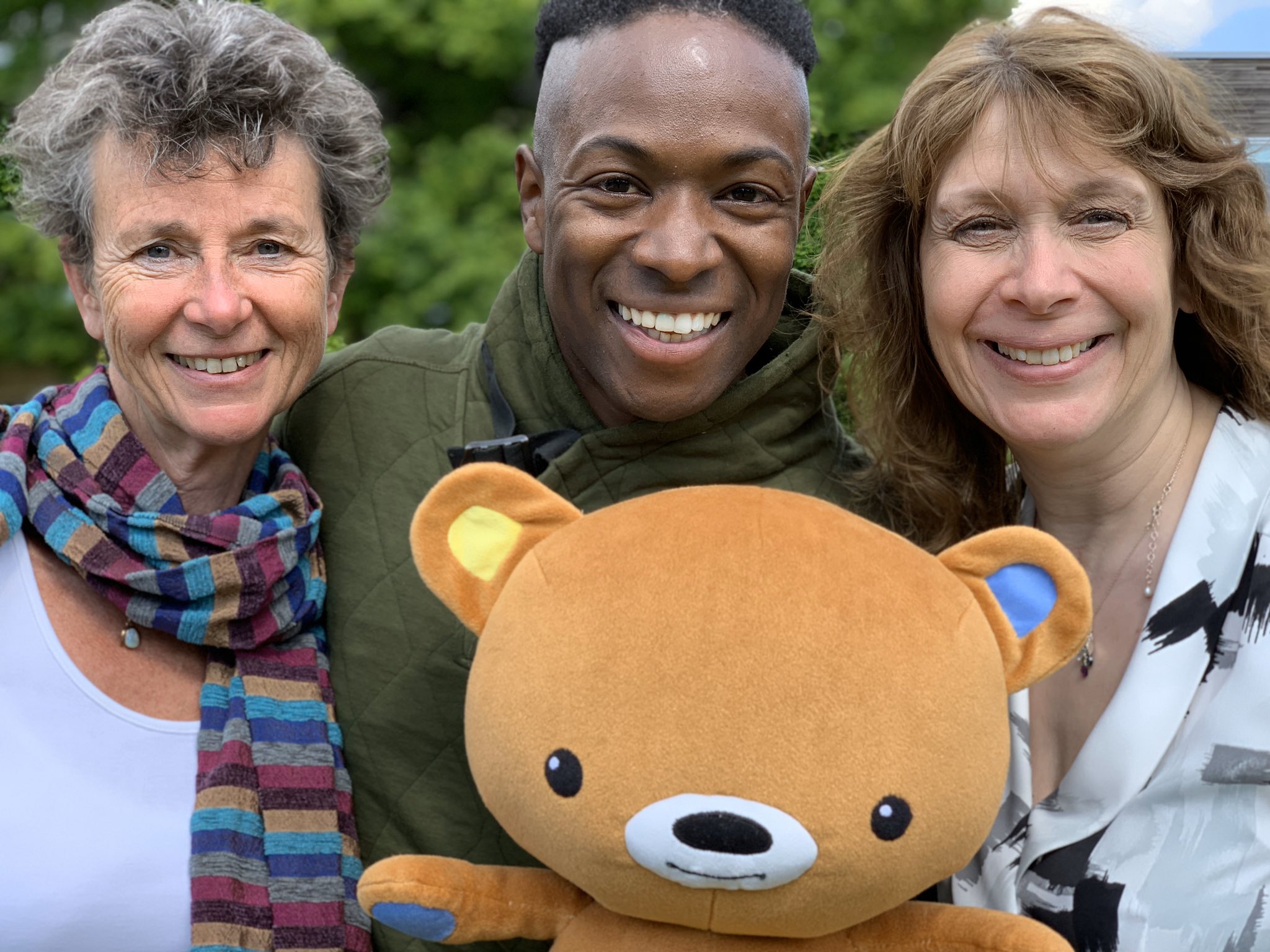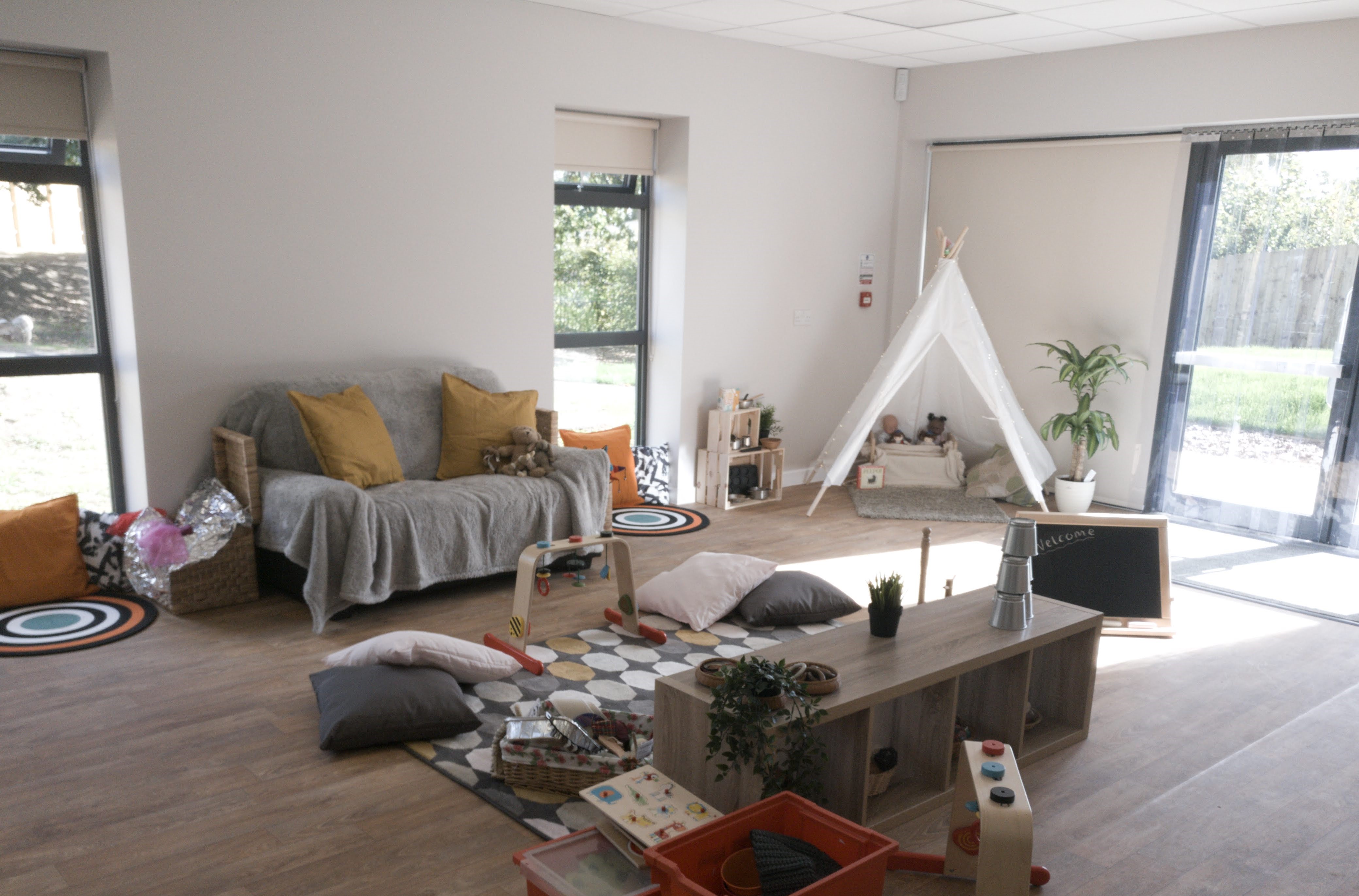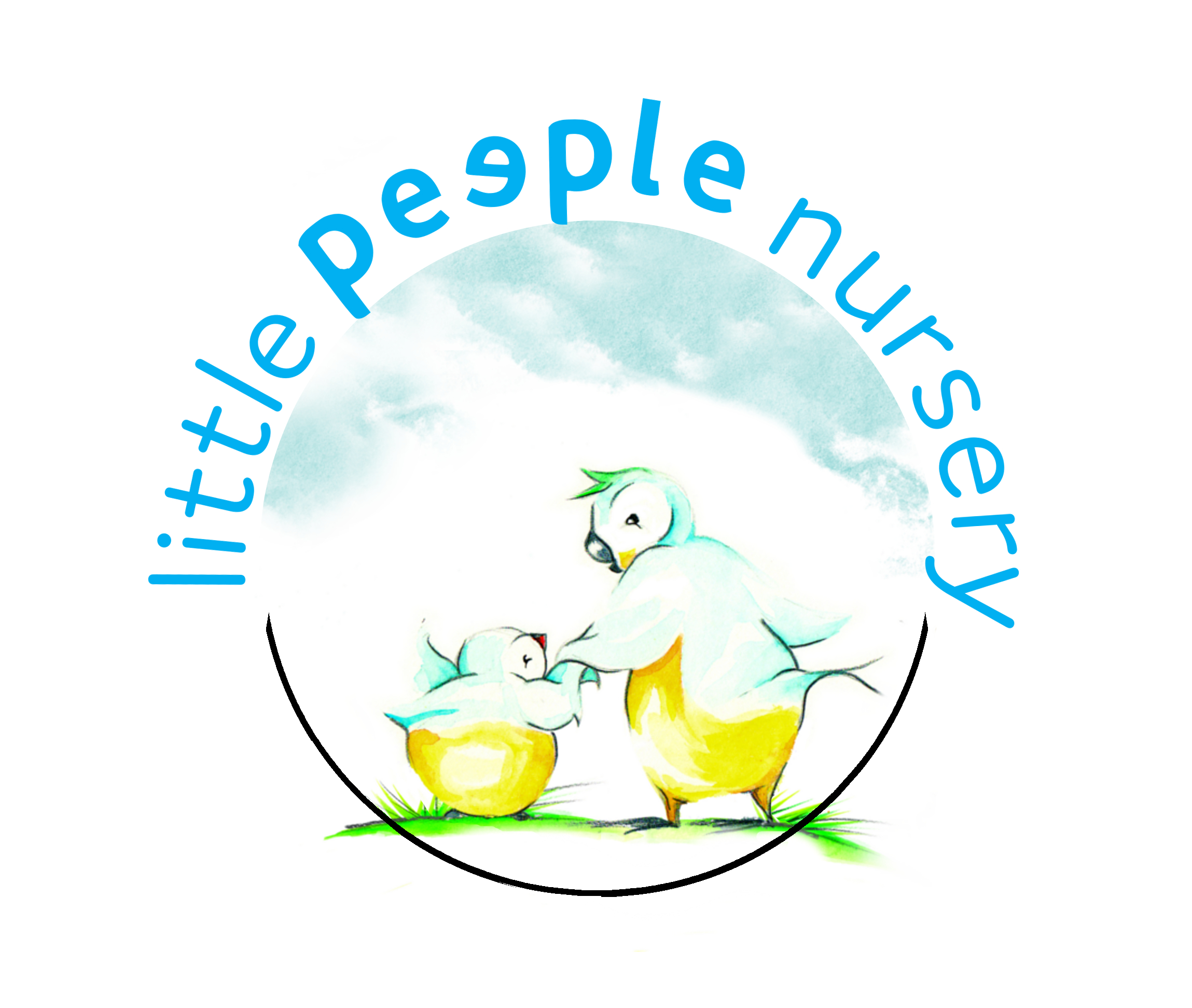Green
antenatal peep: Highland
Thanks to Gillian Forbes (Highland Council Peep Co-ordinator) and Mairianne Nairn (Highland Council, Community Early Years Practitioner) for sharing their case study
"We offer a mixture of online and face-to-face Peep Antenatal sessions for expectant parents. Initially, we wanted to help support pregnant mums/families within the area during the pandemic, which we did with the support of Highland Council's Midwifery Development Officer and her team. We adapted elements of the Peep Antenatal Programme so that we could deliver it flexibly online with families with wide‑ranging needs. We received positive feedback from the parents and professionals involved in the pilot sessions, and it was agreed to continue offering sessions, particularly to families with additional support needs.
Once referrals are received from the midwifery teams, we make contact with each parent to introduce ourselves and the course, and answer any questions. Parents-to-be start the course around 26+ weeks of pregnancy. We offer online and face-to-face groups. This enabled parents to get to know other parents-to-be, support each other, and integrate more into their community. Isolation was a particular issue for families during the pandemic, but becoming a new parent can be daunting at the best of times, and getting to know others in the same boat is invaluable.
From our first involvement with the families we actively encouraged the pregnant mums to invite husbands/ partners or family members to join the sessions as a source of support. During the 1-1 sessions and small groups we had several dads joining and engaging. We were conscious that the sessions had to offer lots of opportunity for discussion and for the parents to feel comfortable asking questions and sharing personal information.
> Find out more about our 1-day Peep Antenatal training
course content
The Programme supports parents perinatally (i.e. before and after the birth) to reflect on their developing baby, tune in to their baby's feelings and behaviour and respond sensitively (known as reflective functioning). This helps parent-baby bonding and attachment, and reduces the risk to the early parent–baby relationship, helping to prevent isolation, anxiety and low-level depression.
All sessions are a mix of discussion, video clips, sharing of relevant research and advice, songs/rhymes and story sharing, all underpinned by the focus on reflective functioning. After the initial phone conversation with the parent/s, we offer five group sessions of about an hour each, focusing on:
- Getting to know each other
- Supportive networks
- Transition to parenthood
- The developing brain, and emotional support
- Baby states
Following these five sessions, we offer a reunion session once the babies are born. Throughout the course we also signpost parents to other groups or provision within their local community.
outcomes and feedback
All families that attended our sessions kept in touch and let us know when baby was delivered. Several of the families have continued to stay in touch with each other, creating WhatsApp groups and meeting up. Having that social network in their own local community is vital for community engagement and maintaining positive mental health."
parents’ feedback
'I think it was very interesting and informative to learn about how to talk to our baby and what to do to communicate. I didn’t think to read to them since I didn’t think they would understand but I definitely will be reading to them as early as possible.'
'I really enjoyed the course and will miss our weekly chats, however I’m delighted to have met some new people who will hopefully become lifelong friends, and Bump’s new friend group to grow up with.'
'All sessions were very positive and upbeat with some great ideas, we have been able to adapt to our own pregnancy and planning for the baby’s arrival. I definitely felt the sessions boosted my confidence.'
'It has been great to meet other mums-to-be as Covid made it feel very isolating and alone, but knowing there are other mums experiencing the same things as me is very comforting.'
'The sessions felt relaxed and were supportive.'
'The discussion around bonding and communicating with your baby helped prepare me for my baby being in SCBU [Special Care Baby Unit]. By singing and talking to her, she was able to recognise my voice.'
referrers’/ midwives’ feedback
'I think every parent would benefit from this service as we cannot put a price on the wellbeing of the next generation.'
'The weekly update received following each session [with parents’ permission] is great, and I add this to their maternity notes.'
'My client thoroughly enjoyed the sessions - she stated she felt she was doing something practical to improve her parenting knowledge and skills, and that this was at a comfortable pace.'
'My client was struggling with anxiety and social isolation due to the pandemic, she has been complimentary on the emotional support she has received from the Peep Co-ordinators.'
feedback from the Midwifery Development Officer
'The Antenatal Peep sessions have been universally welcomed and supported by all the Community Midwife Teams across the whole of Highland. It fits well within the GIRFEC framework (Getting it right for every child), and with families recommended for additional support at the Health Plan Indicator (HPI) wellbeing assessment around 16 weeks of pregnancy.
The flexibility of the programme being delivered online or face to face, and either in a 1:1 or group format, has been most welcomed. The Antenatal Peep Programme helps maternity services reach parents who have been historically difficult to engage in more traditional parentcraft groups, such as young parents, parents in more remote areas, and parents who are isolated or have anxiety as well as those using substances.
The sessions fill an important gap in welcoming fathers to take an early and active role in developing loving and secure attachment through deeper understanding of how to connect with their unborn babies, and to consider some of the social and emotional aspects of transitioning to parenthood. The potential to connect with other parents albeit virtually was particularly vital during the Covid 19 pandemic. The classes are an important intervention in assisting with developing positive parent and infant mental health, and will complement the work that will be undertaken in Perinatal and Infant Mental Health teams.
Feedback from service users has been very positive. The topics covered were found to be fun and informative, often expanding on the basic knowledge they already had, at a pace and time that was suitable. The coping skills developed during the course proved to be very useful once the baby was born, and parents felt that they were able to understand their baby’s feelings more easily and figure how best to respond.'
- If you're an Antenatal Peep practitioner, log into the Antenatal Area for further delivery tips.
- Follow the link to find out more about the Peep Antenatal Programme and Training.
Feature box colour:
Antenatal Peep family - after the birth!
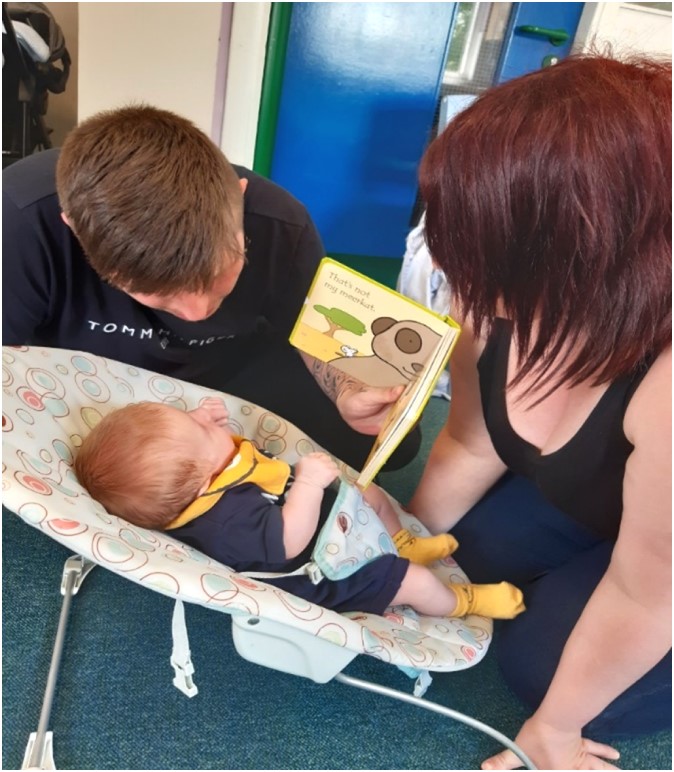
Side Quote Color:
parent to classroom assistant: Dumfries & Galloway
“I attended my local Peep group with my youngest child, when she started nursery. I started going along so that I could help my child with her learning. As we went along every week, I started to really enjoy the sessions and when I was asked if I’d like to do the Peep Progression Pathway accreditation, I decided to do Early Literacy. I enjoyed this so much that I decided to complete the Early Maths accreditation at level 5.
Going to Peep really helped my confidence to grow. I was learning so many new things about child development that I realised that I would love to work with children in a school setting. Before I could apply to work in school, I had to go to college to complete Core 3 in Maths, I was able to do this in 8 weeks. Then I applied for a job as a learning assistant, and I am now working in the nursery class in my local primary school. I absolutely love my job and wish that I had made the move sooner but without going to the Peep group I would never have been confident enough to do it!
After the summer holidays I am hoping to continue my learning by completing an HNC in Early Learning and Childcare.”
Stacey, Dumfries and Galloway, March 2021
> Find out more about Peep Progression Pathway accreditation for parents and carers
Feature box colour:
Side Quote Color:
Supporting the foundations of STEM (Science, Technology, Engineering and Maths)
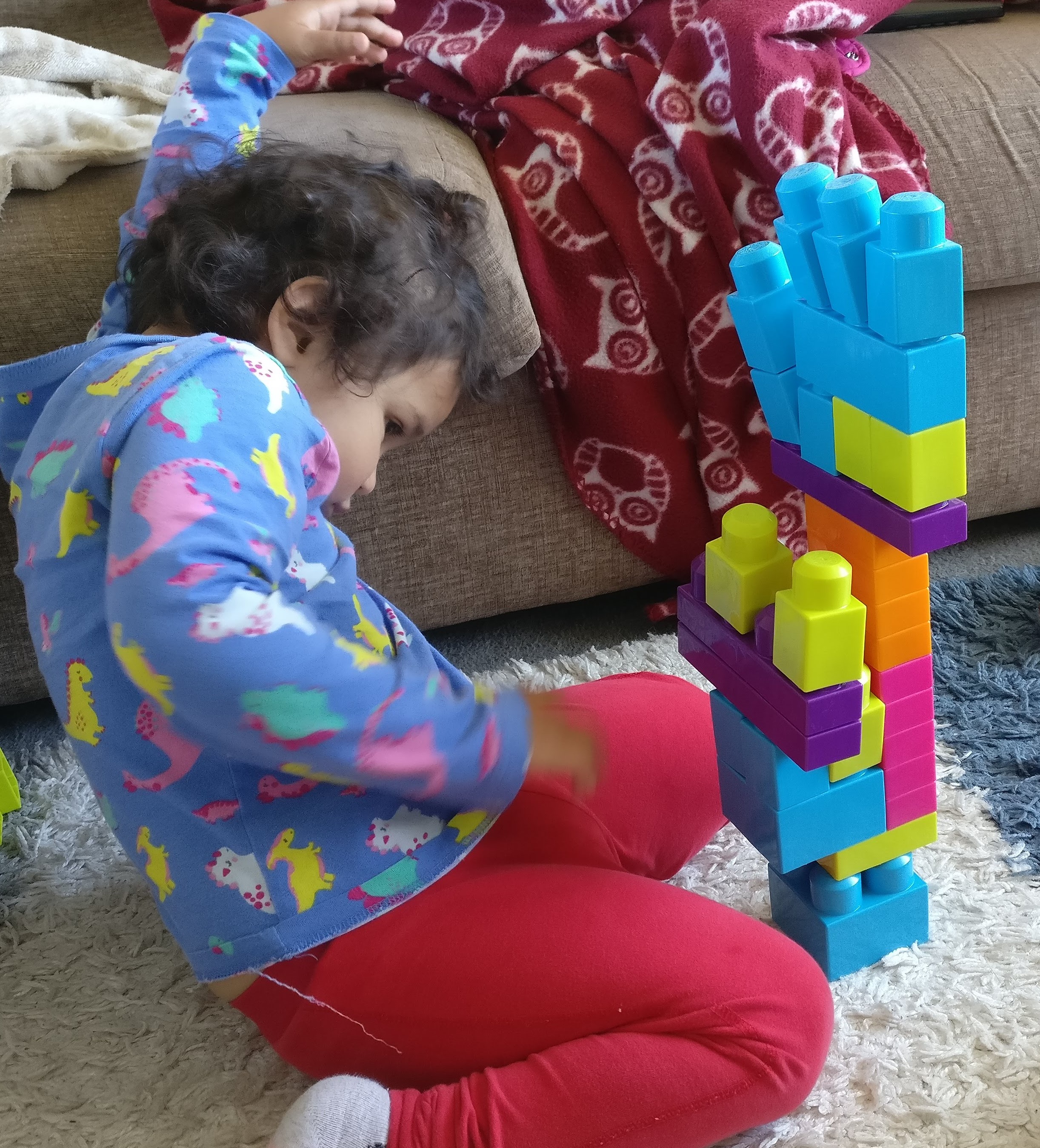 Children’s early STEM development grows from their natural curiosity and engagement in real-world experiences and play. These can be enhanced through interaction with adults who have the confidence to share the child’s interest, and can be extended still further with relevant knowledge, vocabulary and ideas.
Children’s early STEM development grows from their natural curiosity and engagement in real-world experiences and play. These can be enhanced through interaction with adults who have the confidence to share the child’s interest, and can be extended still further with relevant knowledge, vocabulary and ideas.
We are thrilled to have been granted funding to create a new 'Exploring Together Programme' to support children's early STEM development. The new content will adapt and add to the Peep Learning Together Programme. The project has been funded by the Charity of Sir Richard Whittington, for which the Mercers' Company is corporate trustee, and is part of the Company's Early Years Special Initiative.
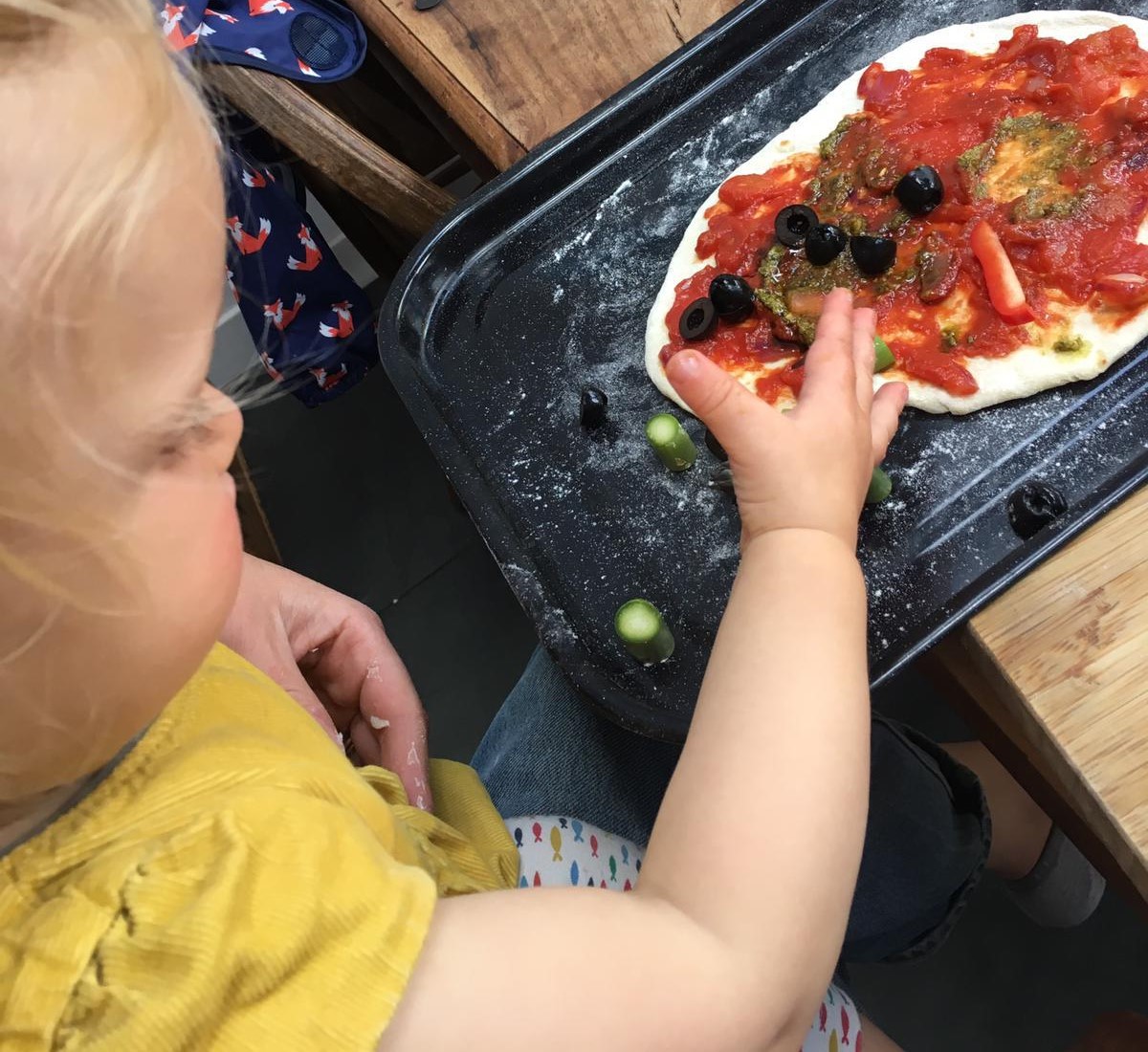 partners
partners
Our project will combine expertise from Peeple, the University of Oxford, the Institute for Employment Studies (IES) and Sheringham Nursery. Sheringham Nursery heads the East London Research School. The Research Schools Network is an initiative led by the Education Endowment Foundation to support the use of evidence to improve practice.
project overview
The project is taking place from April 2021 to March 2024, and will include:
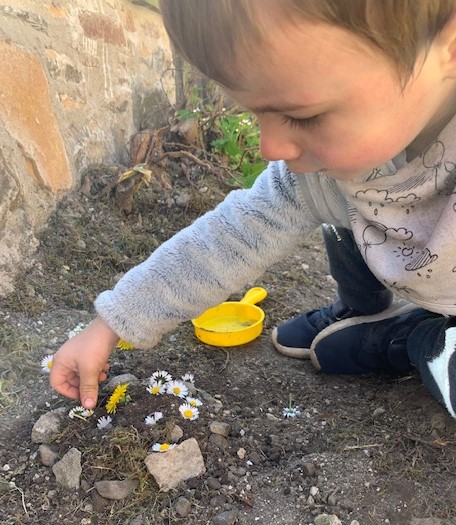 developing an 8-week programme to upskill Early Years practitioners with the confidence, knowledge & skills to help parents encourage the foundations of STEM through everyday activities and interactions, and to support STEM skills in their settings,
developing an 8-week programme to upskill Early Years practitioners with the confidence, knowledge & skills to help parents encourage the foundations of STEM through everyday activities and interactions, and to support STEM skills in their settings,- piloting and refining the programme with practitioners and parents from Sheringham Nursery research school in East London,
- training and supporting practitioners from the Sheringham Early Years hub to deliver the programme to families,
- a small Randomised Controlled Trial (RCT) research study,
- developing and piloting an accredited unit for parents, to consolidate their learning from the programme and to equip them for further learning, volunteering and/or employment.
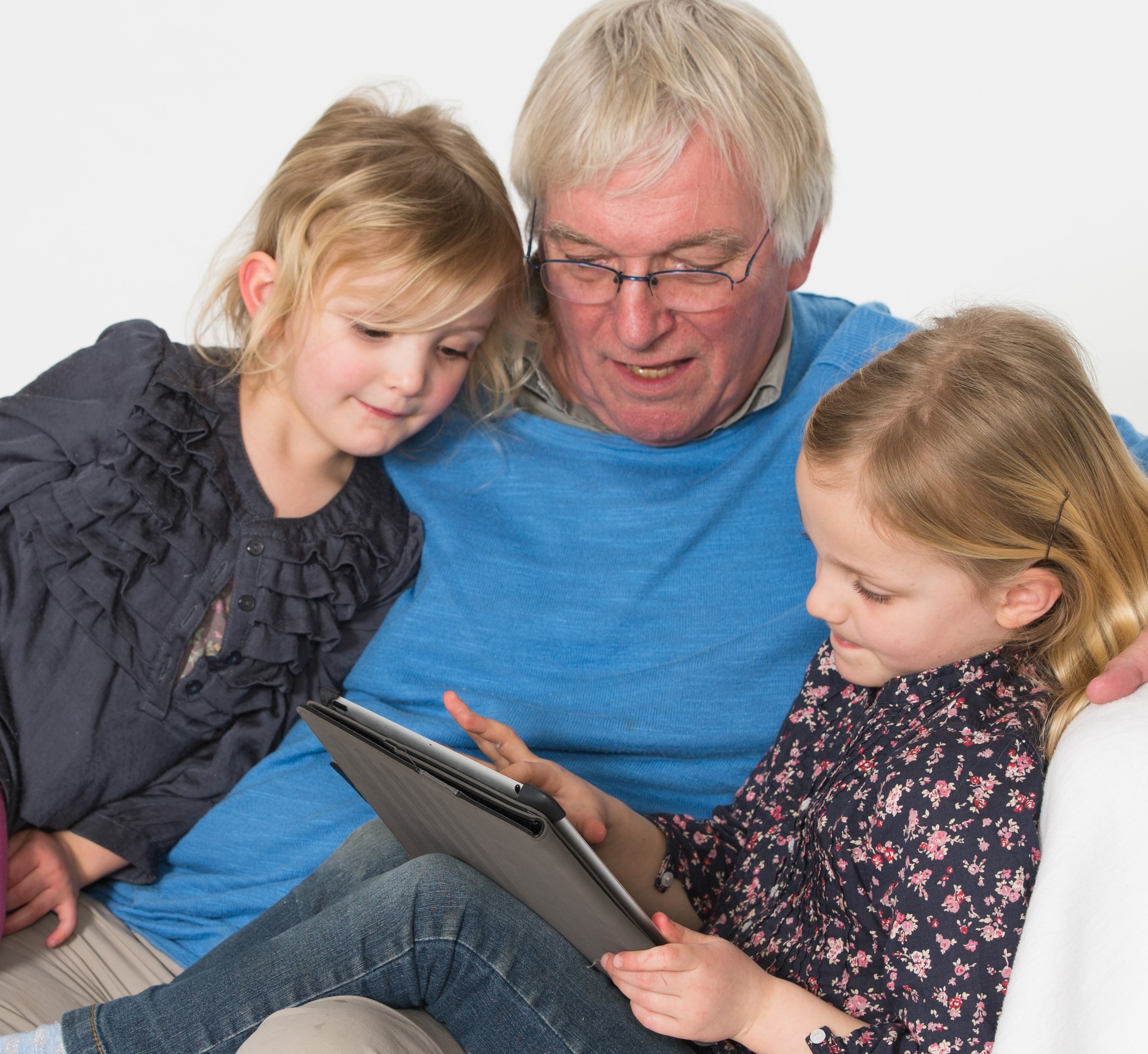 We hope that STEM will become something that more practitioners and parents are excited rather than anxious about. Together we will help very young children from all walks of life embrace their inborn curiosity and fulfil their potential to become the scientists, engineers, mathematicians, programmers and inventors of the future.
We hope that STEM will become something that more practitioners and parents are excited rather than anxious about. Together we will help very young children from all walks of life embrace their inborn curiosity and fulfil their potential to become the scientists, engineers, mathematicians, programmers and inventors of the future.
exploring STEM in the early years
(Science, Technology, Engineering and Maths)
Feature box colour:
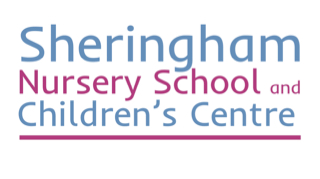
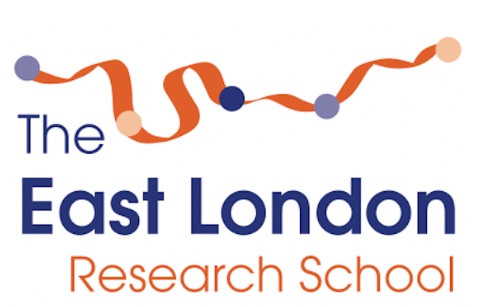


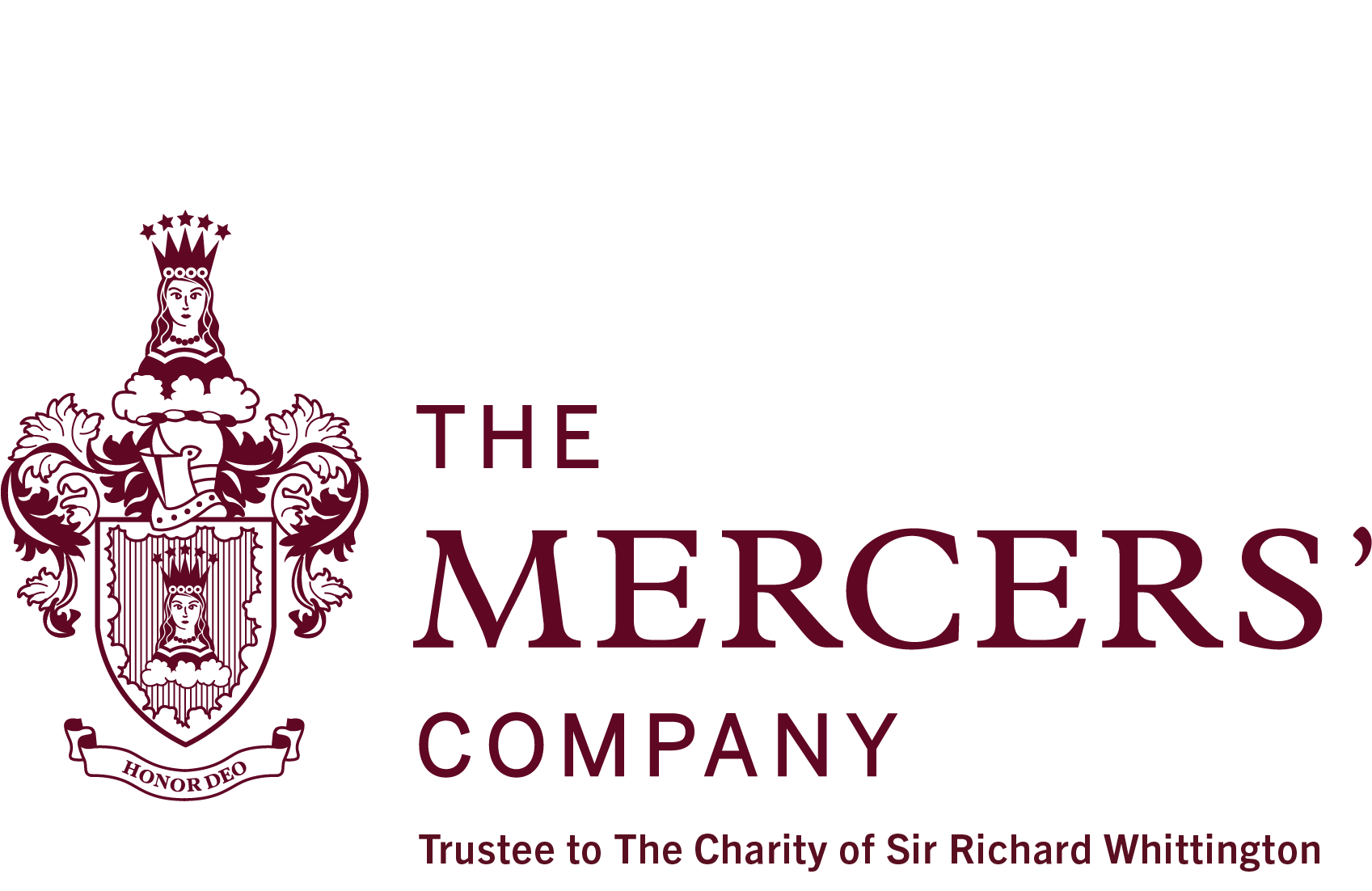
Side Quote Color:
peep in Australia
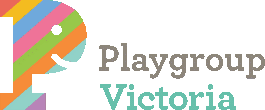
Our Peep partnership organisation in Australia is Playgroup Victoria. They have an exclusive licence with us to train practitioners to use the Peep Learning Together Programme in Australia.
Forthcoming dates for Peep training in Australia - click here to find out more or to book places via their website
Playgroups, both universal and targeted, are a key service for families with babies and young children in Australia. They promote play as central to children’s development and help parents to develop individual strengths, parenting skills and to integrate with their community.
Playgroup Victoria*, based in Melbourne, is a not-for-profit organisation committed to helping all Victorian families discover the benefits of playgroup. They advocate for the benefits of play for young children and provide support for communities and families wanting to start and run a playgroup. They gather evidence to influence policy makers of the vital role that playgroups play in creating and sustaining cohesive, supportive communities and in giving children the best possible start in life.
In 2022-23 a hundred more Peep practitioners were trained. The Peep programme is now being used in every state and territory in Australia.
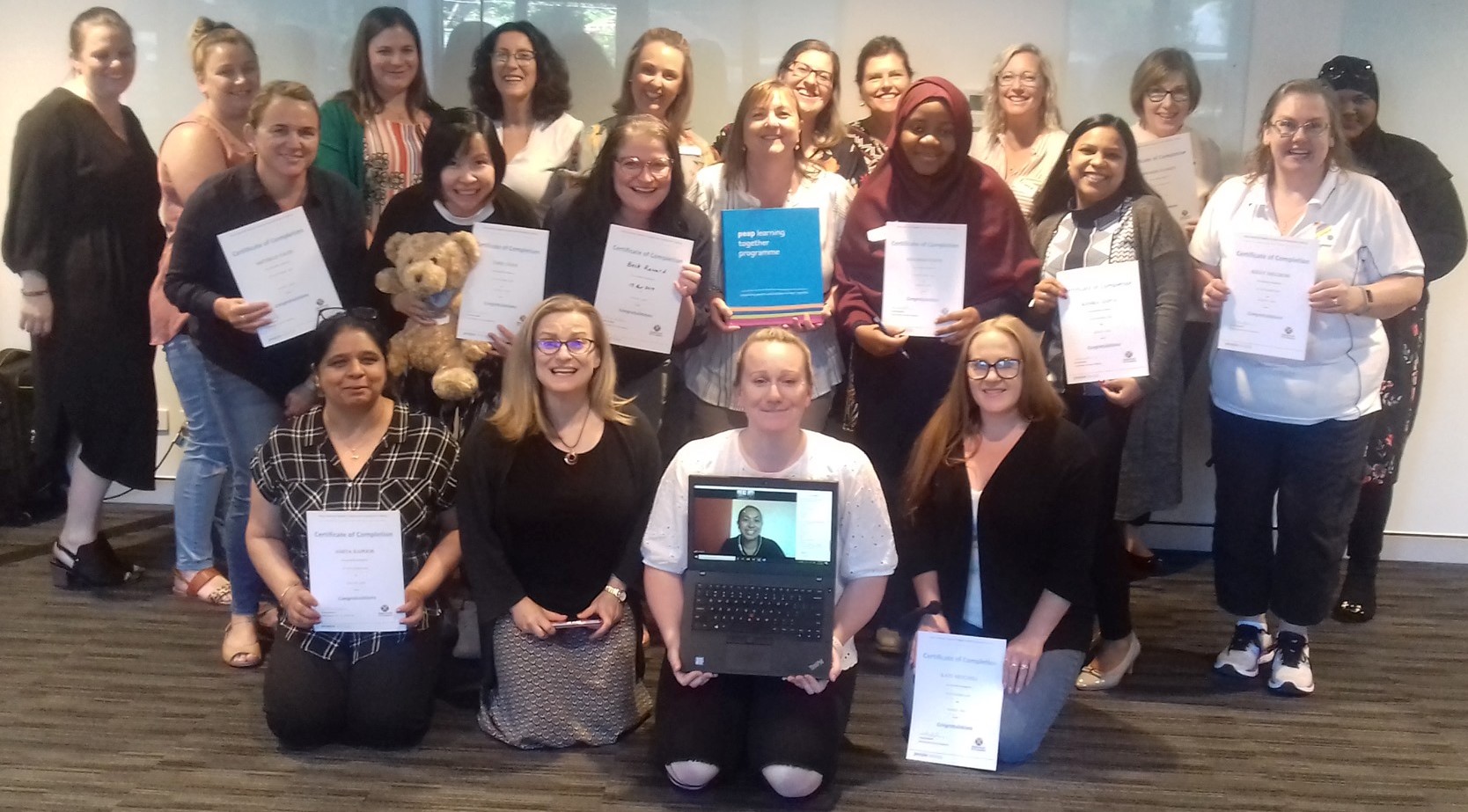 Claire Georgiou is Peep National Manager for Playgroup Victoria. Claire has several years’ experience in delivering the Learning Together Programme with families, and delivering Peep training to practitioners.
Claire Georgiou is Peep National Manager for Playgroup Victoria. Claire has several years’ experience in delivering the Learning Together Programme with families, and delivering Peep training to practitioners.
Danny Schwarz, CEO of Playgroup Victoria: "Playgroup Victoria welcomes the opportunity to become the Australian Licensee for the Peep Learning Together Programme. The values and purpose of Playgroup Victoria focus on the benefits derived by children's and parents’ participation in play-based experiential opportunities and learning. Our partnership with Peeple will have significant and positive impacts for the lives of Australian children and their families."
Dr Sally Smith, CEO of Peeple: "Playgroup Victoria is the ideal custodian for the Peep Learning Together Programme in Australia. We have enjoyed a positive working relationship with them over the past three years, and established that the principles behind our organisations are beautifully aligned. We look forward to contributing to their development of Peep in Australia – and learning a great deal together in the process."
To find out more or to book Peep training in Australia, please contact: Claire Georgiou, Australia's Peep National Manager – email cgeorgiou@playgroup.org.au or tel 0488 600 190
peep in australia
Feature box colour:
To find out more about Peep training in Australia please contact: Claire Georgiou – cgeorgiou@playgroup.org.au | 0488 600 190
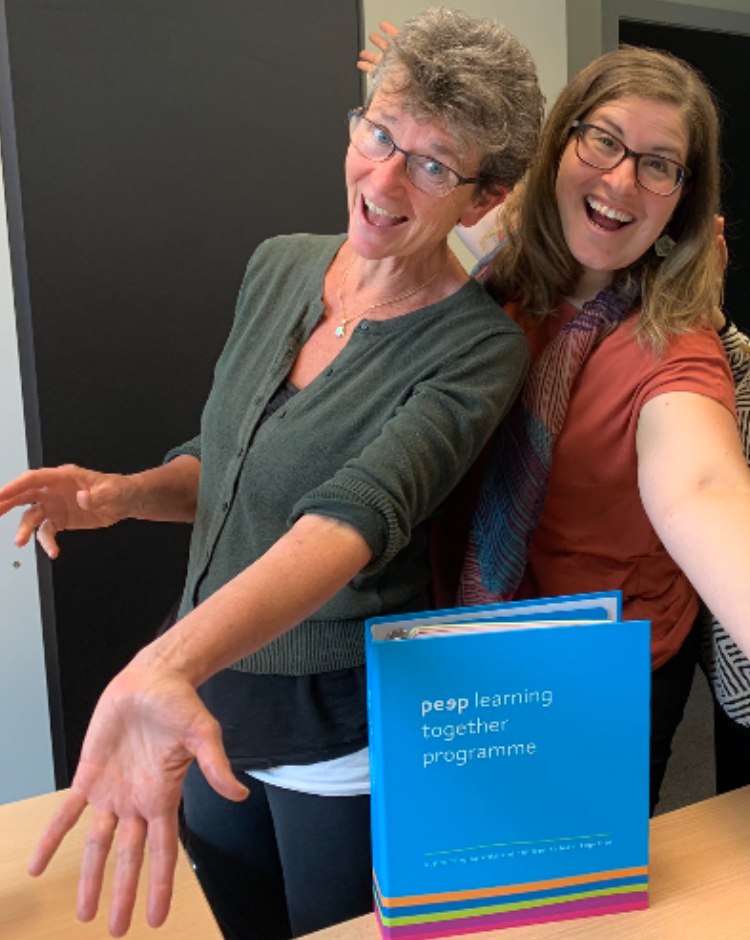
Side Quote Color:
practitioner accreditation
Our Peep Learning Together Practitioner Accreditation values and builds on Peep practitioners’ skills, confidence, knowledge and understanding about working with parents and children to support their home learning environment and enhance children’s outcomes.
Practitioner Accreditation - free Information session
Find out how you or LTP-trained colleagues can complete the Practitioner Accreditation unit
as part of your Peep delivery:
Join our free Practitioner Accreditation Information Session on Wednesday 8th May 3.30 - 4.30pm
> Email us and we'll send you a Teams link for your calendar: pa@peeple.org.uk
What is the Peep practitioner accreditation unit called?
'Supporting parents and children to learn together'
Who is the practitioner accreditation unit for?
Practitioners who have completed Peep Learning Together Programme (LTP) Training
What are the benefits of completing the accreditation?
- Quality of delivery with families: The accreditation embeds the Peep training and Programme into your work with parents and children together, and enhances quality - so it’s valuable even if you already have a higher level qualification.
- Your CPD: It will contribute to your CV and Continuing Professional Development. The accreditation unit has 3 credits, at level 3 in England, Wales and Northern Ireland, equivalent to level 6 in Scotland and level 5 in the Republic of Ireland. (For more detail, see the 'Qualifications can cross boundaries guide', created on behalf of the UK and Ireland Qualifications Frameworks, updated Aug23.)
What does the accreditation involve?
You complete a portfolio based on your Peep plan-do-review cycle, whether you deliver Peep groups, drop-in sessions and/or one-to-one work with families. Your line manager or a colleague will observe one of your sessions and have a follow-up discussion with you – guidance and a form are provided in the log-in Members Area. This observation doubles as quality assurance for your organisation and supervision support for you.
What is the time commitment?
It takes approximately 30 hours, including the Peep LTP training course. You will have up to 9 months to complete from the Accreditation start date that we give you after you have registered. You can submit your portfolio as soon as you have completed it.
Who is the Awarding organisation/ body?
AIM Qualifications and Assessment Group.
How much does the Practitioner Accreditation unit cost?
- £70 + vat per learner, if you have already attended Learning Together Programme Training.
- or £50 + vat pp when purchased alongside the Learning Together Programme Training (LTP Training £450 + Accreditation £50 = £500 + vat pp on booking)
What does the cost include?
This includes the unit's downloadable materials and guidance, 1:1 initial online support call with your assessor, monthly online group support sessions with an assessor, assessment and certification.
How will I be supported to complete my portfolio?
We will assign you an Assessor who will arrange an initial online call with you. There are also monthly online group sessions which focus on aspects of the portfolio, and provide an opportunity to network and build supportive connections with other practitioners.
How do I sign up for the Practitioner Accreditation unit, and when do I need to decide?
The Peep trainers will briefly talk you through the accreditation process during the LTP Training course. We encourage all Peep LTP practitioners to complete the accreditation, but we want you to have time to think about your Peep delivery and the accreditation, before you decide.
When you have booked LTP training and created your login account for the Members Area on the Peeple website, you can read more detail about what's involved, and download the Registration form etc: www.peeple.org.uk/practitioner-accreditation-overview (login for link to work). We’ll also email you with similar information a couple of weeks after you complete your Peep LTP Training.
Practitioners sending their registration form and payment will be given the next available accreditation start date and assigned an assessor, which is when your nine months will begin. We will also give you online access to the Practitioner Accreditation area of the website containing all your accreditation materials, including the portfolio, guidance, policies and key contacts.
When do I need to start by?
You can start as soon as you're ready to start planning your Peep delivery. If you weren't able to start delivery soon after the training, or you're returning to Peep after a gap, the accreditation and plan-do-review portfolio can be a supportive way to get going with your Peep delivery.
How is the Practitioner Accreditation unit assessed?
Completed portfolios are assessed by Peeple’s assessors, and are part of an Internal and External Quality Assurance (IQA/ EQA) process led by AIM, the awarding body. Certificates will be sent to learners once AIM have completed the EQA process.
Get in touch to find out more, or with any questions: email PA@peeple.org.uk
accreditation unit for peep practitioners
> find out more - free online info session - Wed 8 May
Feature box colour:
find out more or book training
tel 01865 397 970
training@peeple.org.uk
> training courses
> in-house training
> dates & booking
> sign up to our e-newsletter
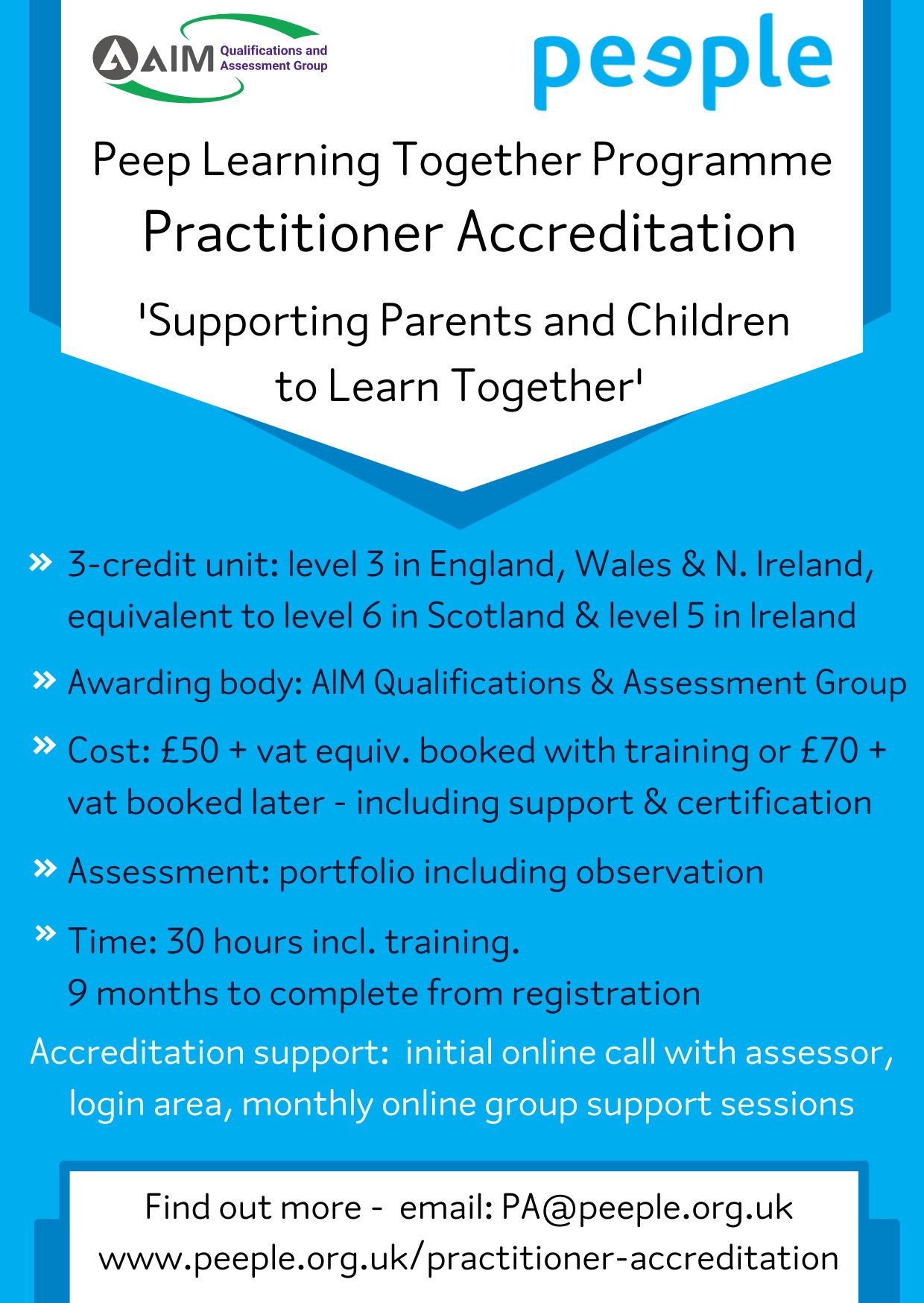
Side Quote Color:
nursery funding, hours and requesting a place
funded childcare
Funded early education and childcare is available for all three years olds, and some two year olds, for up to 15 hours per week. We also offer a limited amount of places for the 30-hours funded places. To find out if you are eligible, information can be found on the gov.uk website: www.gov.uk/get-childcare.
requesting a place
If you are interested in a place for your child, please complete the relevant application form below and return it to us by email, post or in person. Nursery fees / prices and session times are included on the forms.
Application forms:
> Non-funded children application form
> Funded 2-3 year olds application form
> 30 hours extended entitlement application form
nursery opening hours
We are open from 8am - 5pm Monday to Friday. There are various session options within those times, plus an additional session option until 5.30pm.
Little Peeple Nursery is open for 48 weeks a year, closing for a week at Christmas and Easter, and two weeks in the summer. Children can either attend for 48 weeks or for school term-time dates.
nursery term dates
You can download term-dates for 2023-24 below.
Feature box colour:
contact us
Email:
littlepeeplenursery@peeple.org.uk
Address (for sat nav):
Little Peeple Nursery
The Oxford Academy
Northfield Close entrance
Littlemore, Oxford
OX4 4NH
Tel: 01865 397972
Side Quote Color:
support us
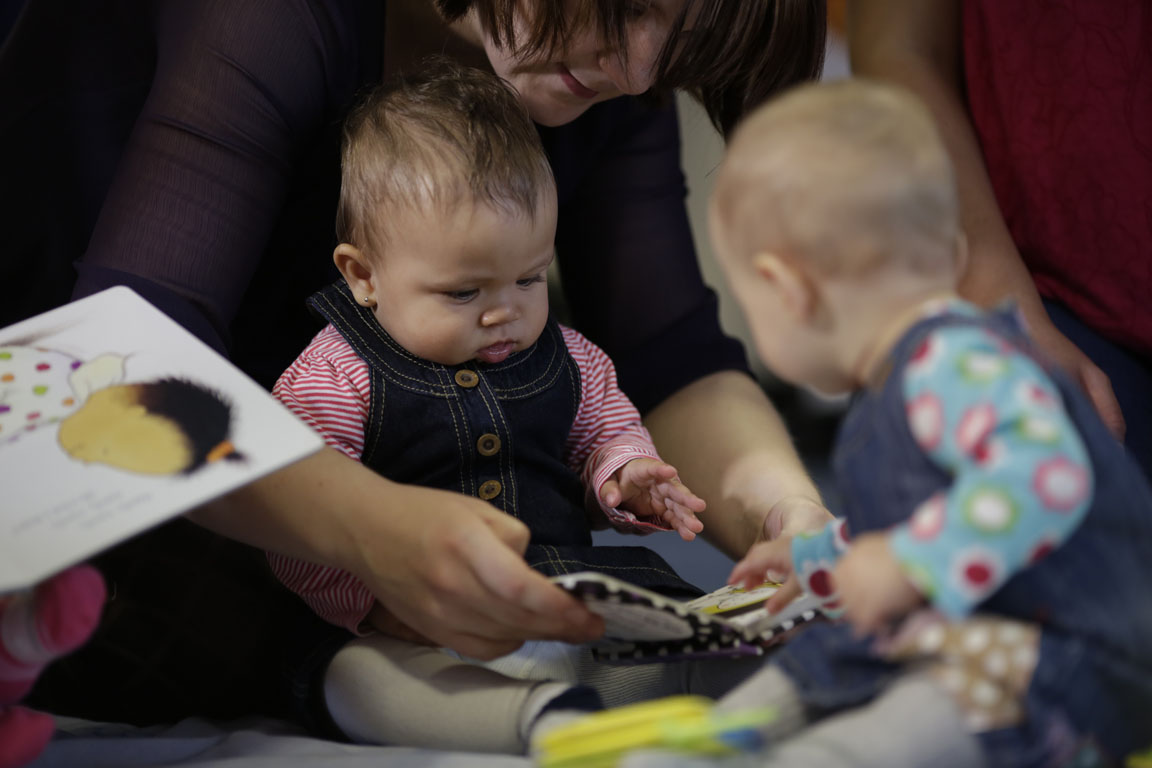 Oxfordshire resident Rod Nicolson has finished his incredible feat of cycling 1,200 km in 90 hours in the prestigious (and gruelling!) Paris-Brest-Paris event. Read all about it on our Bicycling for Books page, including the huge total that he raised for our local Dolly Parton Imagination Library! Thank you to all his supporters and thank you to Rod who deserves a cuppa and sit down!
Oxfordshire resident Rod Nicolson has finished his incredible feat of cycling 1,200 km in 90 hours in the prestigious (and gruelling!) Paris-Brest-Paris event. Read all about it on our Bicycling for Books page, including the huge total that he raised for our local Dolly Parton Imagination Library! Thank you to all his supporters and thank you to Rod who deserves a cuppa and sit down!
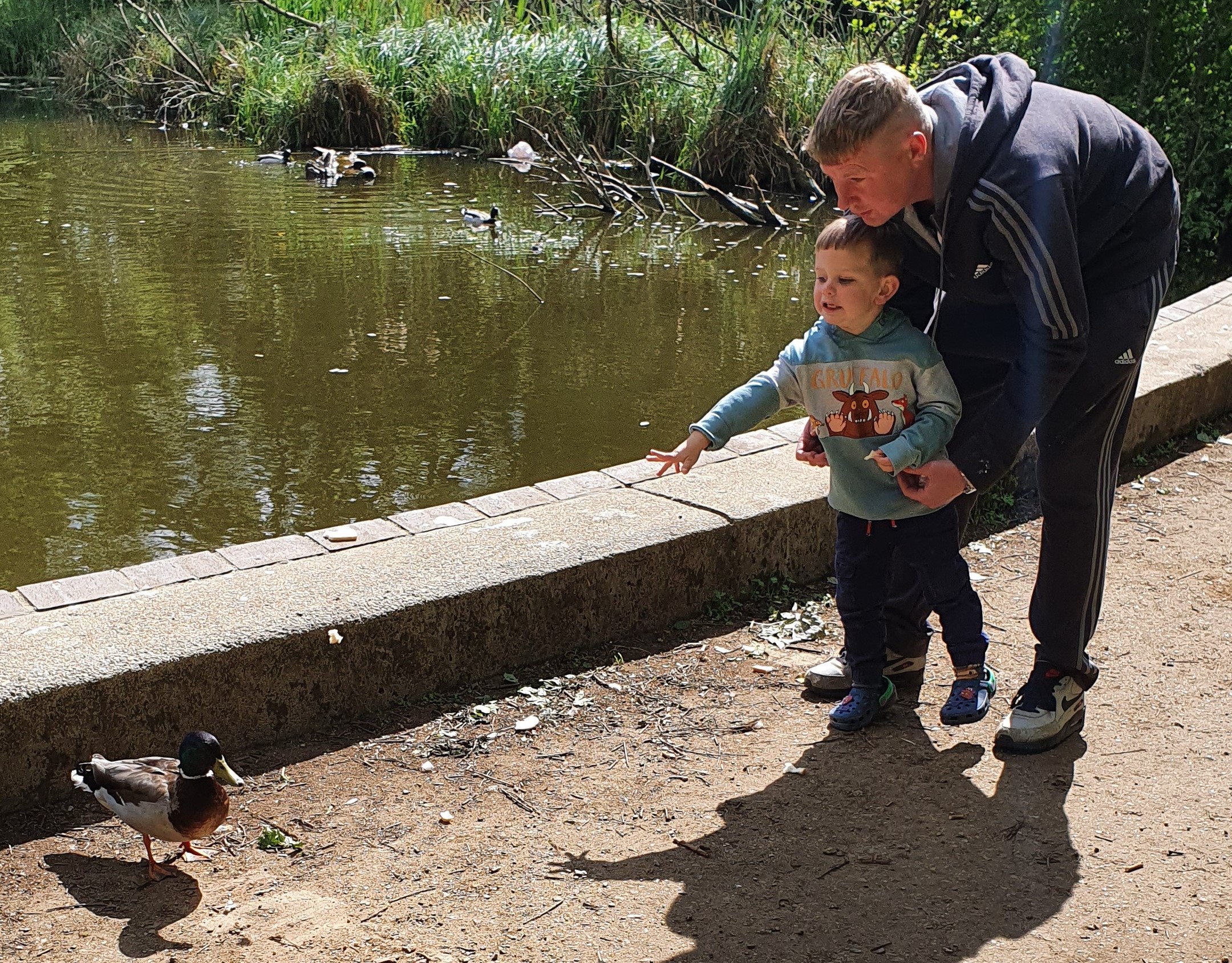
In Peep groups, parents find out why the little things they do with their baby or child make a big difference. Families discover and share ideas and activities that cost nothing, but support their child's learning in the earliest years, making a lifelong difference.
> Donate by text: Text peep 3 or peep 5 or peep 10 to 70085
(to donate £3, £5 or £10)
> Donate online - a single donation or regular gift: Donate now
"In the past I would not so much talk or read to my daughter because I thought she was too young to understand, but after seeing her response to everything at Peep it has improved my help towards her talking and listening."
Many thanks for all your support, it means a lot.
At Peeple and Growing Minds we have a local Dolly Parton Imagination Library, which sends a free book to every child from birth to five in the Leys, Littlemore and Berinsfield areas of south Oxford.> Click here to read more about our Imagination Library and how you can help, or you can:
Donate to our local Imagination Library
Terms & Conditions:
Text costs the donation amount plus one standard network rate message.
Text PeepNoInfo after you've donated if you don’t want to receive further information from Peeple.
Feature box colour:
The little things families do together makes a big difference to children's learning. Help us to support more parents and children to learn together so children get the flying start they deserve.
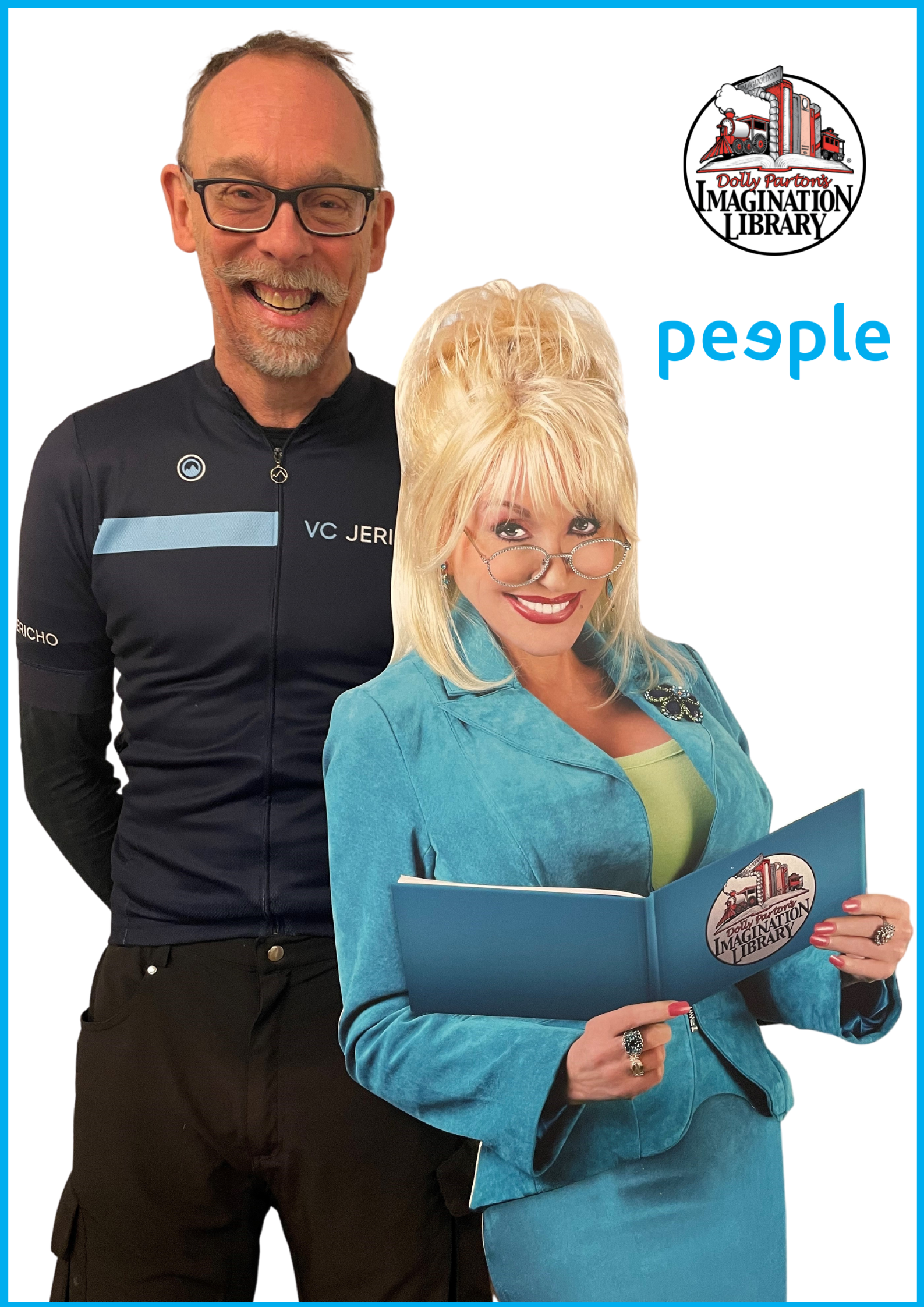
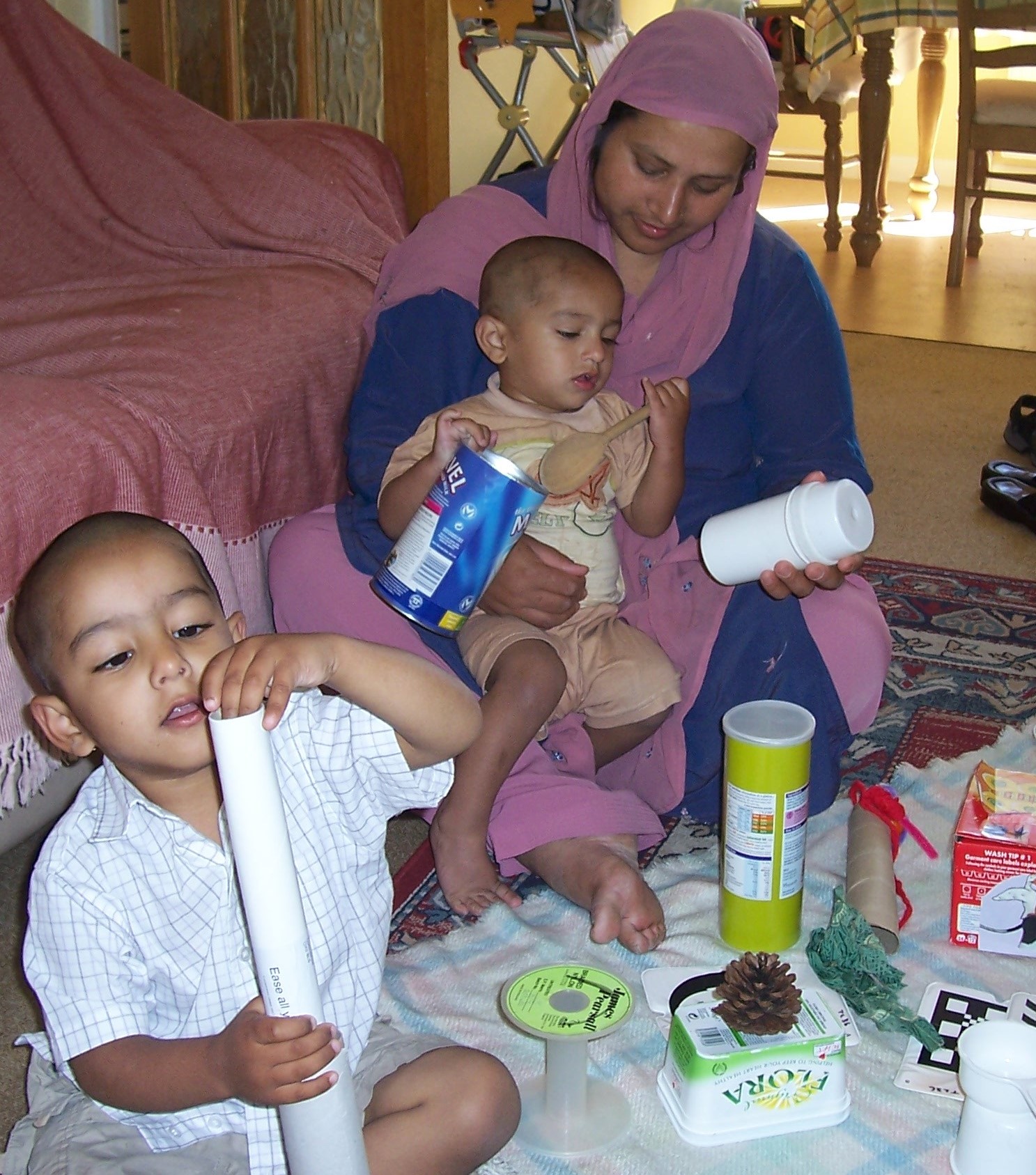
Side Quote Color:
sharing Peeple resources - copyright
Since the Coronavirus social distancing, it's been great to hear about all the online Peep-type sessions happening with families. We've been asked by a few people what this means re sharing Peeple songs or stories, so here's an overview:
If you’re making a social media post
...using a book or song copyrighted to Peeple we’d appreciate it if you acknowledge:
‘This is the Peep book ‘Peep paints his room’ by Lisse Honeyman & Katherine Groves’
and/or
‘This [X] song/rhyme is a Peep song from their Singing Together songbook/CD’
The Peeple copyrighted songs, all by Alison Street, are: A little mouse sat on my chair ~ Alphabet song ~ Baby band (words only) ~ Bed for baby ~ Bicycle song ~ Engine song ~ Eyes to see ~ Goodnight ~ Here comes a spider ~ I’m floating ~ I’ve got one nose ~ Little red bus (words only) ~ Look what I can do ~ One little finger ~ Peep-o ~ Popping on your vest (words only) ~ Pull up pull up the turnip ~ Roll the dough ~ Sit down here ~ Stroking baby’s cheek ~ We are going to the seaside in a train (words only) ~ What shall we do baby? ~ Who’s that?
If you're using non-Peeple-copyright audio-recordings from a Peeple CD please acknowledge:
- ‘Recordings of [e.g. Incy Wincy spider] are reproduced from the Singing Together 1 CD by permission of Peeple.’
If you're using non-Peeple-copyright lyrics from a Peeple songbook/CD:
- Peeple has obtained copyright permission for some of the songs as listed in the acknowledgements page in the back of the Singing Together books. If you want to reproduce these lyrics you will need to approach the rights holder to obtain permission.
- The words to the songs not listed on the acknowledgements page are to the best of our knowledge in the public domain, and can be reproduced freely.
- Permission to use recordings needs to be obtained from the Mechanical Copyright Protection Society for which there is usually a small fee if they are not in the public domain. (Peeple songs are not registered with MCPS.)
If you are producing a CD/MP3 or equivalent
...and want to use songs (audio and/or lyrics) from any of Peeple’s Singing Together Songbooks/CD/MP3 that are copyrighted to Peeple (see list above) – please contact us at info@peeple.org.uk with the following information, and we will email you back to confirm permission and acknowledgement wording:
- Your name and/or Organisation name
- Name/s of the tracks/lyrics/story you would like to reproduce
- Your target audience/customers – e.g. local families that you work with or for sale on the open market.
We hope that this helps. Please get in touch with any other questions: info@peeple.org.uk.
Feature box colour:
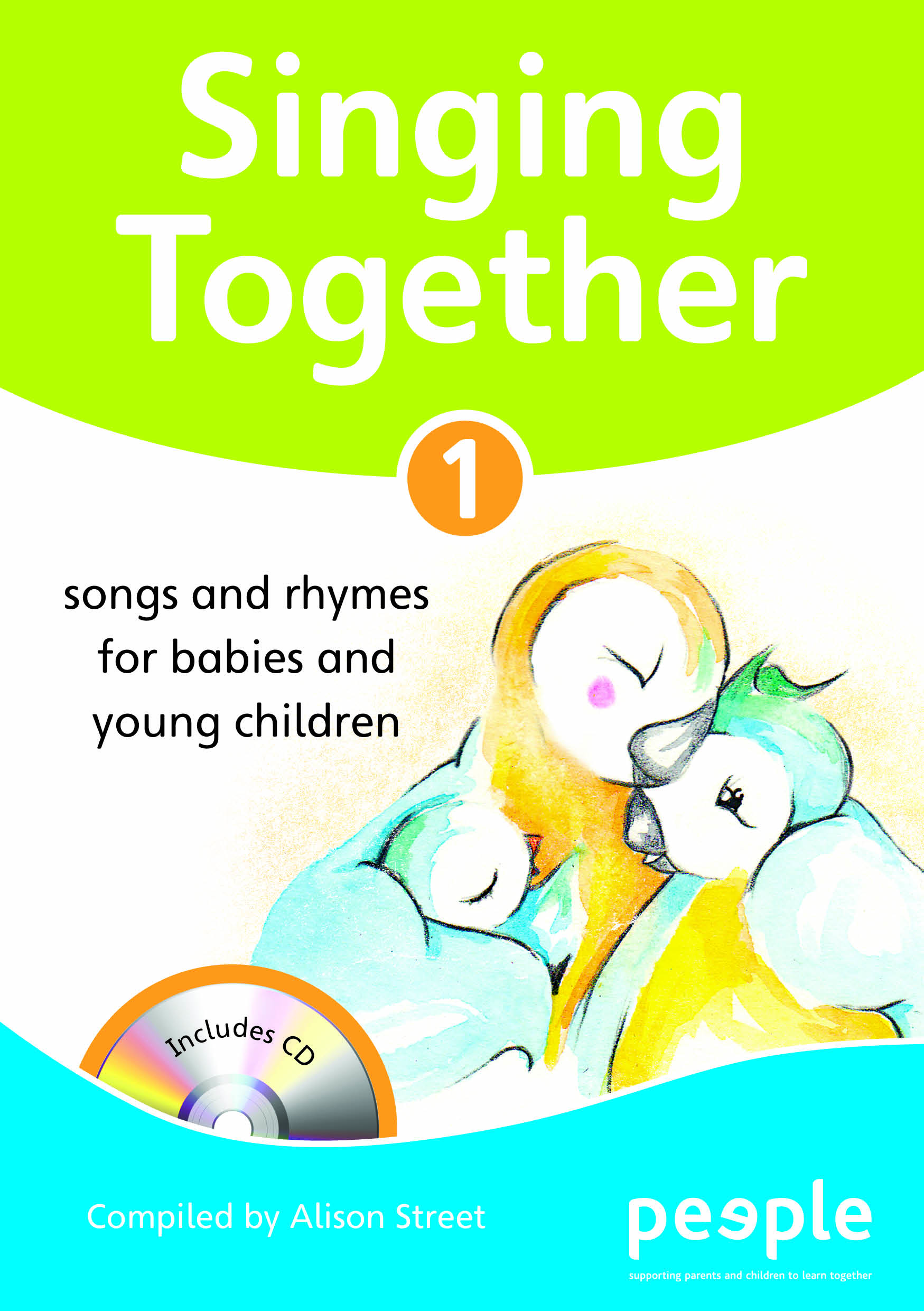
Side Quote Color:
learning together study
The Learning Together Study was a Randomised Controlled Trial (RCT) research study which adds to the Peep Learning Together Programme evidence base. The findings showed that the Peep programme improved children's outcomes and helped narrow the gap in educational achievement. Trained practitioners use the Programme to strengthen parents’ skills and confidence in helping their children to learn through everyday activities.
Improving children's outcomes...
We are very pleased that overall the Study found that the Peep Learning Together Programme made a positive difference of an additional two‑months progress over a five-month period to children’s early literacy development.
... and narrowing the attainment gap:
However, the Programme made the greatest difference to children eligible for Early Years Pupil Premium, who made an additional four months' progress in core language skills and in communication, and three months' additional progress in early literacy development.
The Peep Learning Together Programme is based on evidence that the quality of learning opportunities within a child’s home environment increases their chances of doing well at school and beyond.
Outcomes for parents:
The study also found that the Programme had positive effects on parents, who reported improvements in:
- parental self-acceptance
- the home learning environment
- their confidence in enjoying and playing with their child
- their parenting knowledge and learning.
The large-scale, independent LTS evaluation was carried out by Queen’s University Belfast and was funded by the Education Endowment Foundation. It involved 1447 families with three-year olds from 139 nursery settings, using a 20-week version of the Peep Learning Together Programme across England.
The findings of the Learning Together Study replicate those of the Birth to School Study, a six-year longitudinal evaluation of the Peep Learning Together Programme carried out by the University of Oxford. During the first three years of the evaluation, the Birth to School Study found positive effects on parent/child interactions and the quality of the care-giving environment at home. In the following three years it went on to find an increased rate of progress for the children in a suite of outcomes related to early literacy development.
Watch the 90-second video of Peeple CEO Dr Sally Smith giving an overview of the Study and its findings:
Feedback from practitioners and settings
Other findings of the study showed that more than 90% of practitioners found that the Programme was easy to use and implement and also that it was delivered with high fidelity. Some practitioners felt that the length of the Programme (20 weeks) may have been a barrier for some parents. However, parents who attended at least one session of the Programme, attended on average 70% of sessions. We were pleased by this figure, given the various difficulties that can get in the way of parents attending weekly sessions with their three-year olds.
In addition, the cost to schools of delivering the Learning Together Programme is very low: £31.60 per pupil per year, as averaged over three years.
Practitioners noticed positive changes in the children’s communication, and in relationships and engagement with parents:
'I think the children are more talkative, they’re bringing things in more to school...activities to share or objects to share or books to share, and some of the children were very quiet originally and they’re much more talkative.' (Nursery practitioner)
'The confidence of parents… - as a parent but also...with each other - and their confidence at the nursery, their confidence to approach me and talk to me about absolutely anything and realise that that’s okay, and just they want to join in with things, they’ve attended things in the nursery.' (Nursery practitioner)
Practitioners found the training very useful:
'I thought the training was lovely, I really enjoyed the training, I thought it gave detail, it gave structure, it gave focus. I came away from the training feeling extremely confident about delivering the programme.' (Nursery practitioner)
Feedback from parents
Parents noticed their children's growing engagement with literacy:
'The other session that she’s really enjoyed recently was making a book, which again was something I thought she wouldn’t be interested in at all and she made two in the end…and she sat and read them to herself and she’s really proud of them.' (Parent)
'I mean the other session that he really liked was the environment… with the signs...so at the moment when we go out with the dog, he’s constantly looking for signs everywhere, like logos and things like that.' (Parent)
The study also highlighted the value of parenting programmes being available in the nursery:
'I haven’t done (apart from sort of...early days mum and baby groups, you know) toddler groups, things like that - I don’t think I would have...committed to that sort of thing if it hadn’t been available through the nursery.' (Parent)
We would like to thank the Education Endowment Foundation and Queen's University Belfast for their collaborative approach to working with Peeple on the Study. Its robust nature (as with all studies funded by the Education Endowment Foundation) gives confidence in the findings which make an important addition, both to the evidence base for the Peep Learning Together Programme, but also to the evidence, more broadly, that working with parents to improve the home learning environment is a feasible and effective means to improve child outcomes, particularly for the most disadvantaged.
We'd also like to thank the Sutton Trust and Esmee Fairbairn Foundation for the Parental Engagement Fund, which provided an important stepping stone towards this evaluation by randomised controlled trial.
Finally, we would like to thank all the settings, practitioners, parents and children who took part in the Study. We really appreciate the time and commitment involved and we hope that you will all continue to enjoy learning together!
learning together study:
randomised controlled trial (RCT)
Feature box colour:
find out more or book training
tel 01865 397 970
training@peeple.org.uk
> training courses
> in-house training
> dates & booking
> sign up to our e-newsletter
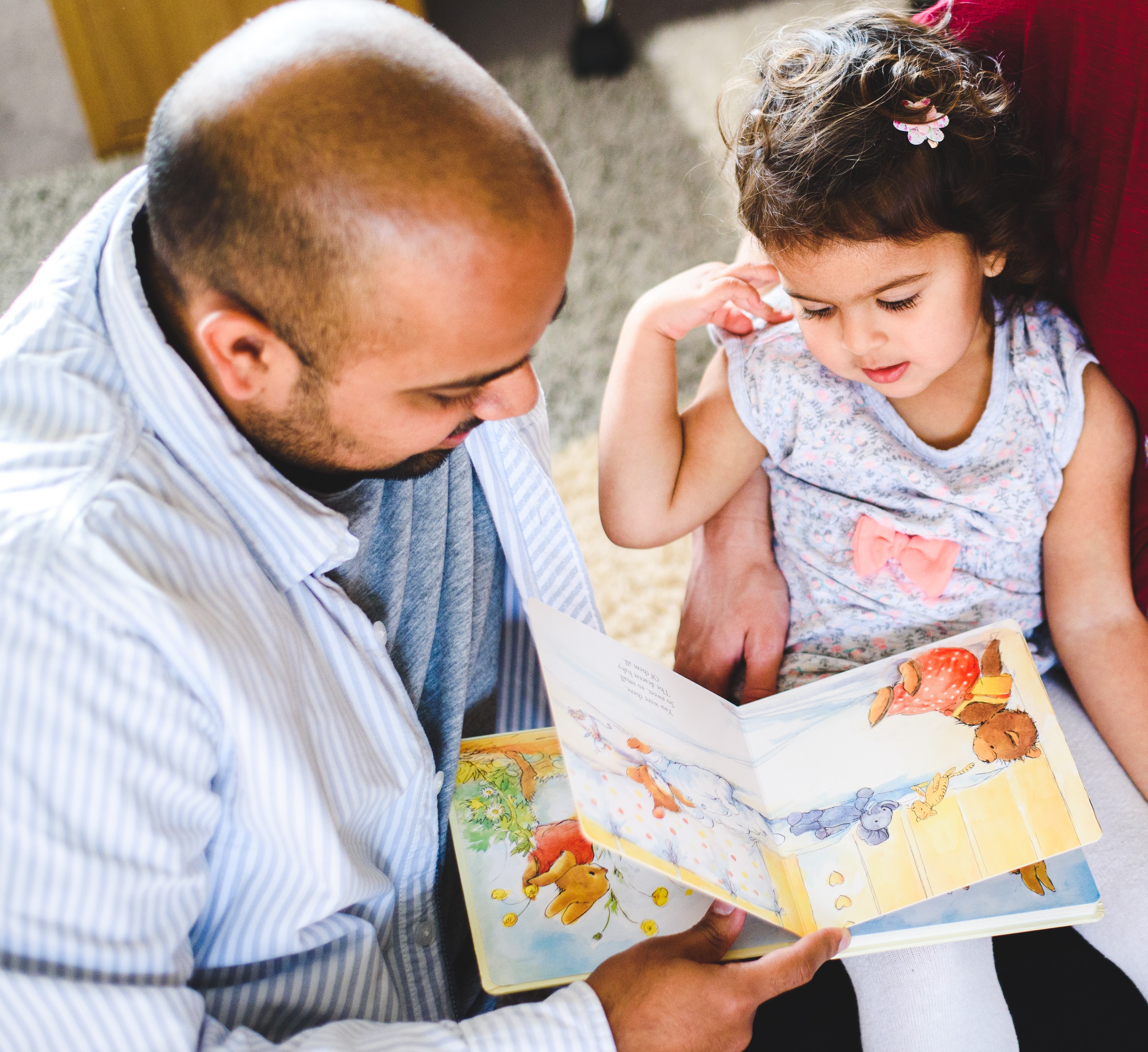
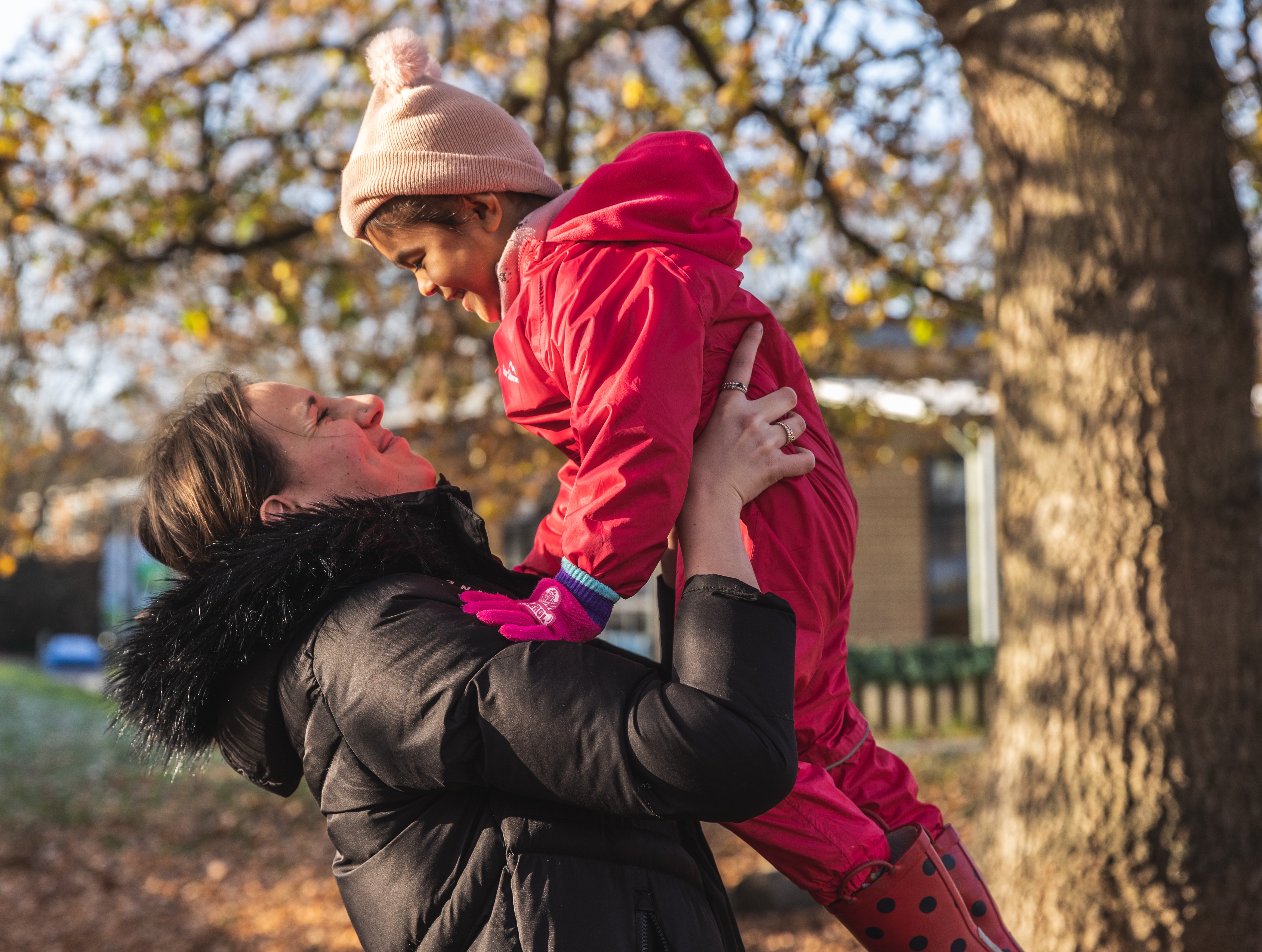
Side Quote Color:
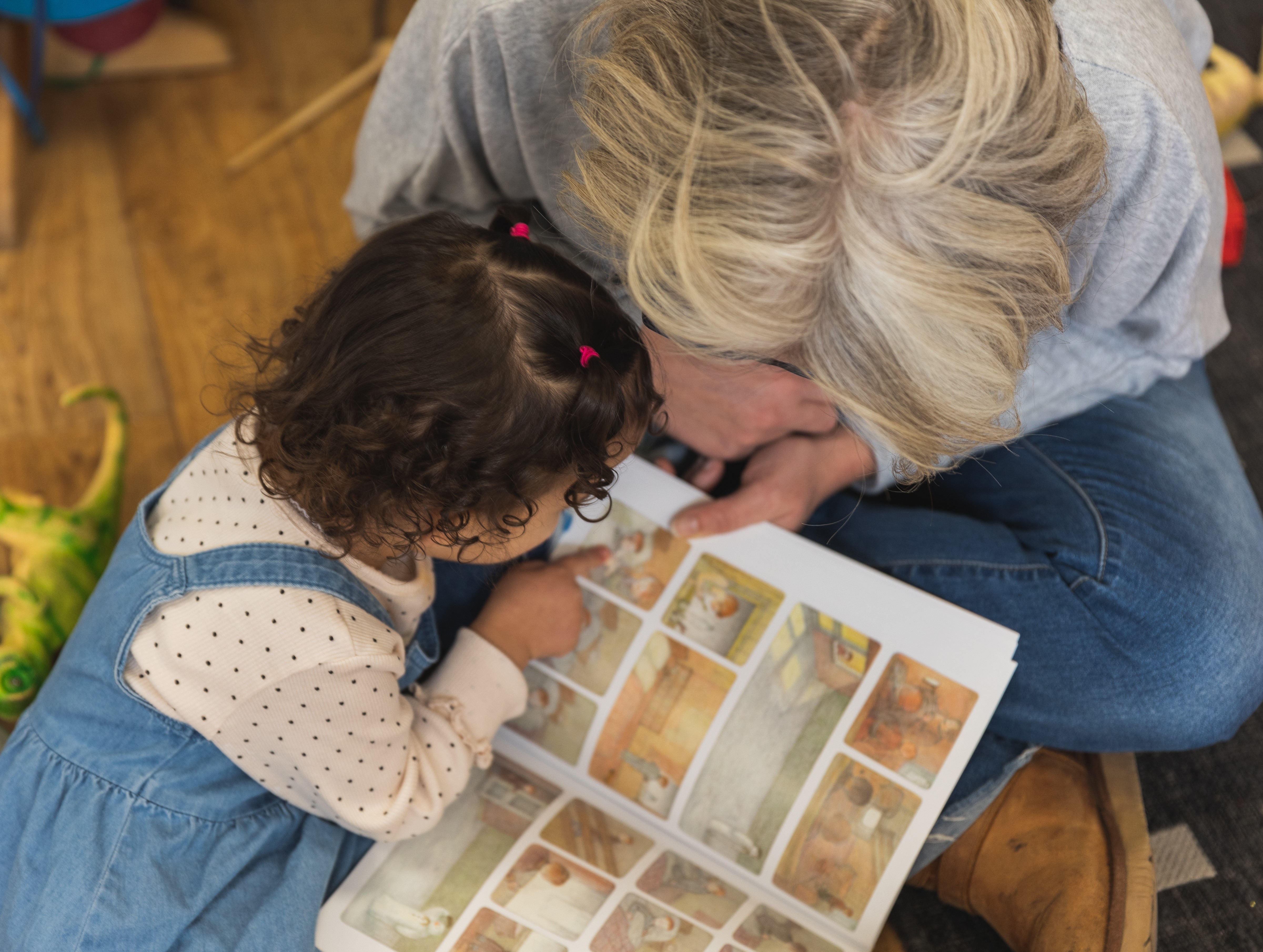
'play and learn with your baby' book
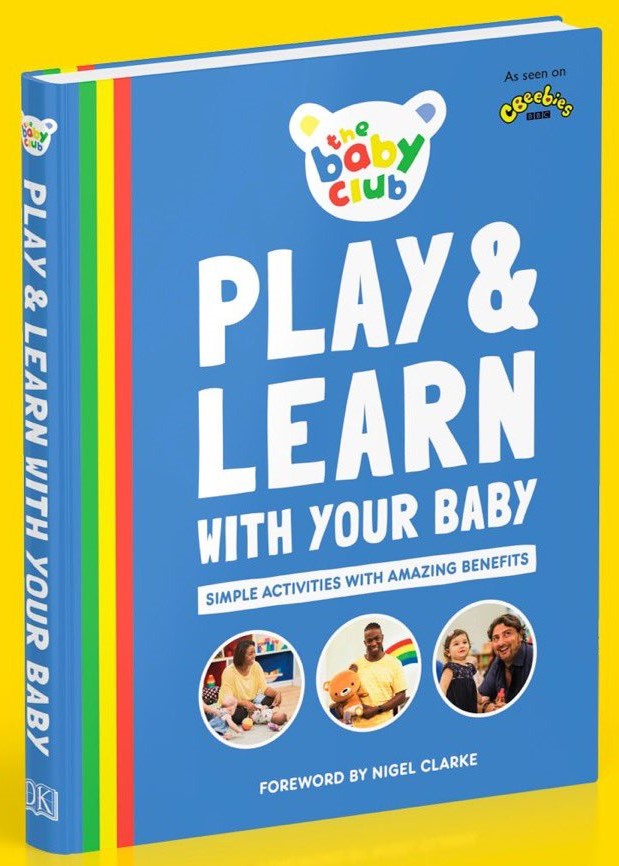 We've been working with CBeebies' 'The Baby Club' and DK to produce a book for parents based on the the kinds of activity seen on the TV show. Our CEO Sally Smith was Consultant Editor on the book: 'Play and learn with your baby - simple activities with amazing benefits'. There are lots of ideas from the Peep Learning Together Programme, including short explanations of why the activities are so helpful for babies' development.
We've been working with CBeebies' 'The Baby Club' and DK to produce a book for parents based on the the kinds of activity seen on the TV show. Our CEO Sally Smith was Consultant Editor on the book: 'Play and learn with your baby - simple activities with amazing benefits'. There are lots of ideas from the Peep Learning Together Programme, including short explanations of why the activities are so helpful for babies' development.
The book's full of bite-sized activities for exploring everyday household objects. Day-to-day tasks such as making meals, sorting the washing or tidying up don't disappear sadly, just because we have a baby to care for. But the kinds of activity in this book can fit around or even within those tasks. And whether you're playing a game together, or watching your baby exploring the object themselves, the bonus is that they're learning lots as they do it!
Each time your baby sees, smells, touches, hears or tastes something new, vital connections are formed in their brain. The book includes suggestions to help your baby notice and learn from the world around them. There are also tips on sharing songs and stories, as well as play ideas such as 'what's in the bag?'.
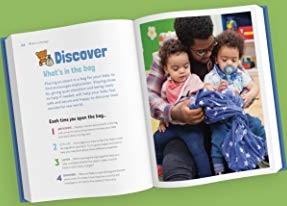
The Baby Club presenter Nigel Clarke wrote the foreward, in which he explains how his Peep practitioner training "highlighted how everyday activities are great opporutnities for a baby to learn, without the need for expensive toys - there's a world of discovery in everyday items and simple toys... That's why this book is so useful.... When you understand the potential behind the simplest of activities, you start to see how every task, meal, changing session or buggy ride becomes an opportunity to bond, encourage or aid your baby's understanding of the world."
The book was released on 6 February 2020, published by DK, and you can buy it here. Have fun playing and learning together!
consultant editor on
The Baby Club book
'Play and learn with your baby'
Feature box colour:
find out more or book training
tel 01865 397 970
training@peeple.org.uk
> dates & booking
> in-house training
> training courses
> sign up to our e-newsletter
